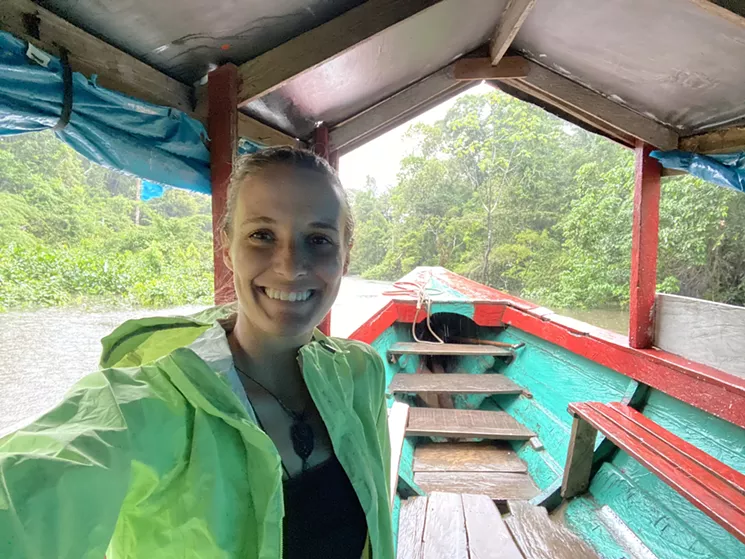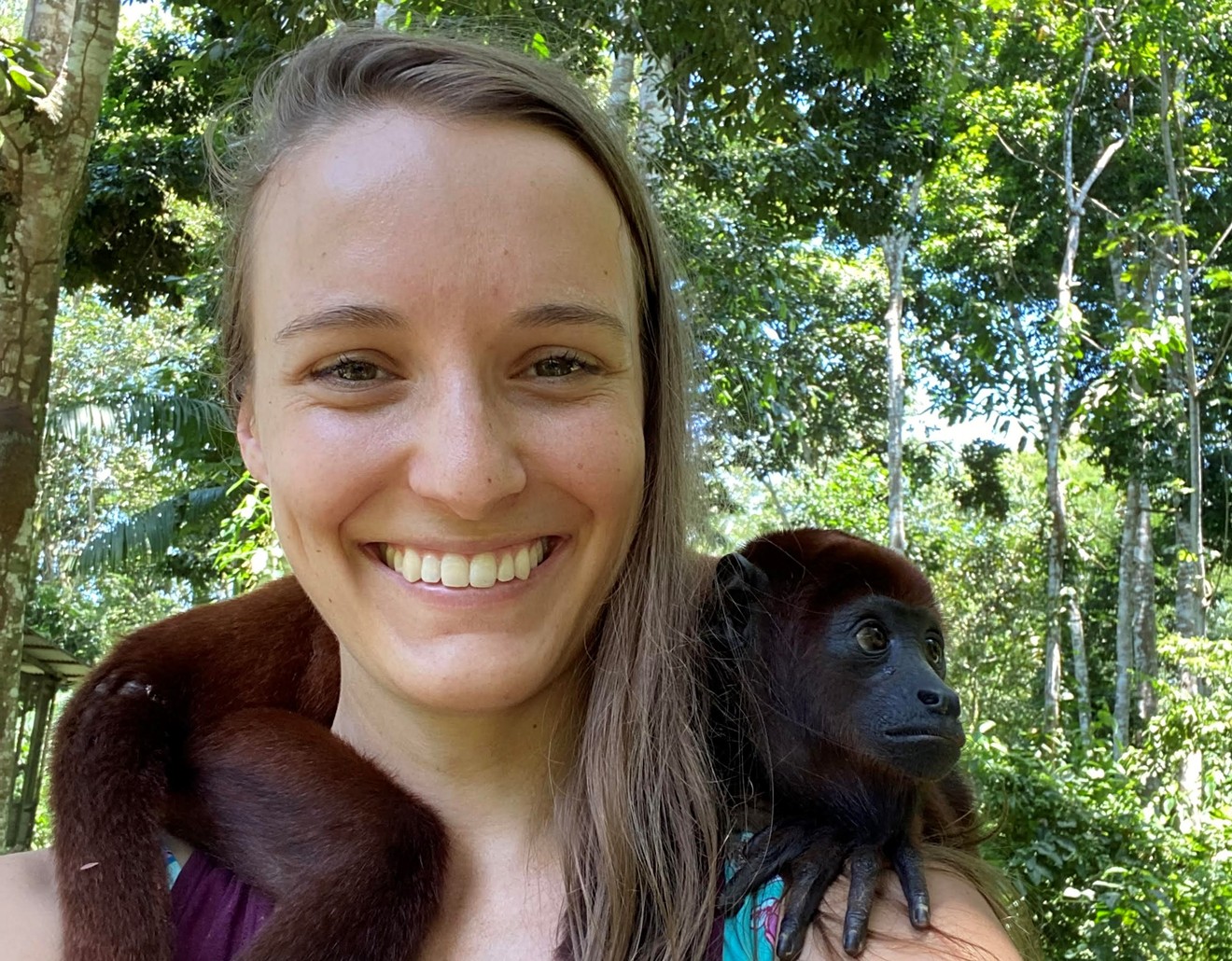In December, the 27-year-old had graduated from Metropolitan State University of Denver with a bachelor's degree in integrative medicine; she was planning to spend months backpacking through Central and South America. Her time in the Amazon jungle was supposed to last just two weeks, but those two weeks were going to be special.
Ayahuasca is a traditional psychedelic medicine that natives have used for centuries in the Amazon Basin. Liquid extracted from a root and other natural ingredients are mixed to create ayahuasca; when ingested, it can lead to a cathartic and therapeutic purging of the mind, body and soul. The area around Iquitos has become famous for ayahuasca retreats, where foreigners go to experience the cleansing and transformative effects of the medicine.
Sheehan, who had never used ayahuasca before, was to be guided by a shaman in four ceremonies a week, along with other visitors to the center.
"The first week, everyone was like, 'This is awesome,'" Sheehan says. "Then, in the second week, everyone started finding out more about the virus." They discovered "on really short notice," she recalls, that Peru was closing its borders, stranding thousands of Americans — including a fifteen-year-old Littleton resident who just made it back to Colorado this week. (The U.S. Embassy says that 6,000 people have since left Peru for this country.)
Sheehan and others at the center had planned on going to Machu Picchu together after their two weeks
were over. But flights were being canceled all over Peru, so she simply stayed in the jungle.

Iquitos and its surroundings have become famous for being the site of ayahuasca retreats.
Courtesy of Lizzie Sheehan
"We kept drinking ayahuasca through the whole thing," Sheehan says. "I felt very blessed to be using the medicine during this time. I think that she provided clarity for me."
Two weeks turned into four, and Sheehan ended up participating in fifteen ayahuasca ceremonies, "which is a lot," she says, laughing. "It was very, very intense."
One by one, though, various people who'd been at the center started leaving, either because they had arranged a flight themselves or because diplomats from their home countries had chartered a plane. There was one flight out of Iquitos for Americans on March 26, Sheehan says, but she and others were never notified, despite having registered to receive notifications from the State Department.
Eventually, Sheehan and two other women decided to head to Iquitos, where their chances of getting a flight would be better.
At 4 a.m. on April 7, the three of them left the center and trekked through the jungle in "pitch-black darkness," Sheehan says, that was "like a swamp because it was so rainy." Then they took a small boat back to Iquitos.
Sheehan is now in a hotel there. She thinks she might be flying out of Iquitos on April 11 but isn't sure. Whatever happens, though, she believes it was meant to be.
"I’m supposed to be here for a reason," she concludes. "I’m supposed to be using this medicine and understanding the state of the world right now and how we’re all connected and all in this together."












